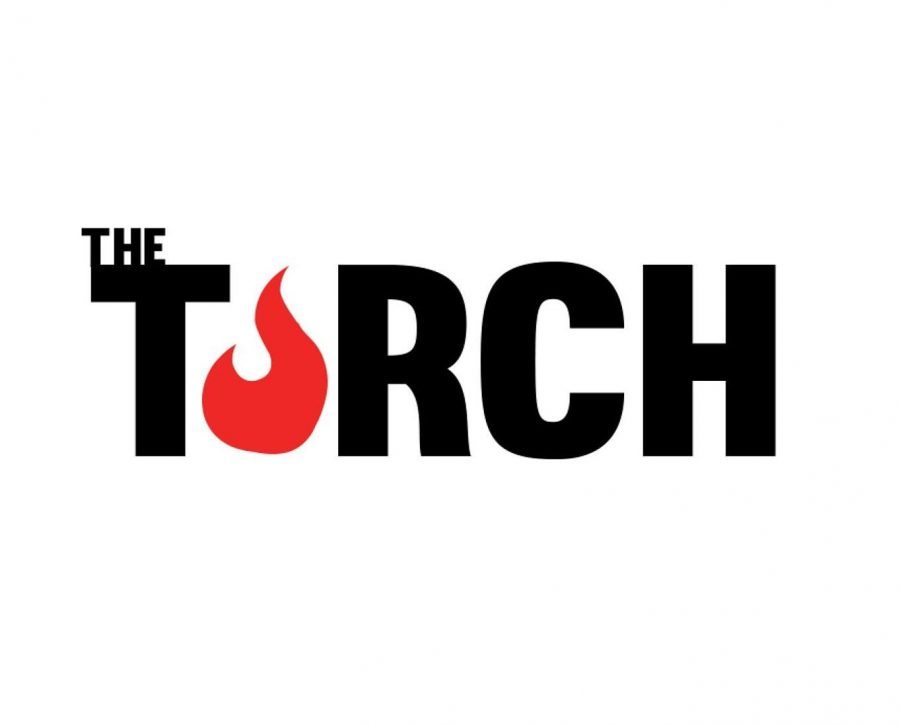In a recent Torch article, we mistakenly published a term offensive to the LGBTQ+ community, and also misgendered a member of Spectrum, the LGBTQ+ organization on campus. We worked to fix the mistakes online as soon as we were contacted and added an apology to the online article. We would like to, again, apologize directly to everyone we have offended and are avidly working to make sure that mistakes like these will not happen again in the future.
Spectrum kindly extended an invitation for our staff to attend a Safe Zone course in response to the mistakes found in the article, “The True Cost of Student Activism.” Two of our e-board members attended the event and encourage every member of the St. John’s community to attend the trainings as well.
We would like to thank Spectrum for this kind gesture, and as a result, we will take the knowledge gained from this training and apply it when handling stories of this nature and in other realms of our reporting moving forward. It is the journalist’s responsibility to be knowledgeable of how to properly and respectfully refer to all communities — not the responsibility of those same communities to educate the journalist.
Earlier this week, about 40 students and faculty organized at the D’Angelo Center Plaza in solidarity and in remembrance of the 50 victims of two mass shootings at Al Noor Mosque and Linwood Islamic Centre in Christchurch, New Zealand. They wanted to make sure that the innocent victims are remembered, and are not just a number in a death toll.
On March 15, the deadliest mass shooting in New Zealand’s history occurred, enacted by the suspect, who will not to be named out of respect for the victims. He live streamed his journey and arrival at the mosques, televising the violent murders on Facebook Live.
The attacks have been closely associated with white supremacy and Islamophobia cultivated in an increasingly polarized environment worldwide — visible and supported by statements by Australian Senator Fraser Anning, who accredited the fault of the attacks to the Muslims residing in Christchurch itself. Beliefs such as these are indisputably indefensible and represent the increasing vilification of peaceful Muslim communities around the world.
These egregious acts illustrate that action is necessary against those emboldened by stereotypes, further pushed by both those in public office and in local communities.
Last week’s events have brought to our attention that these problems are not national problems but global ones and demonstrations of empathy and action, such as New Zealand Prime Minister Jacinda Ardern’s decision to wear the hijab and commitment to definitive gun reform, are the first steps to ignite change.
The United States can take a page from New Zealand’s book as they currently reform their own gun laws and analyze their own prejudices to make sure these heinous acts do not occur in the future.








